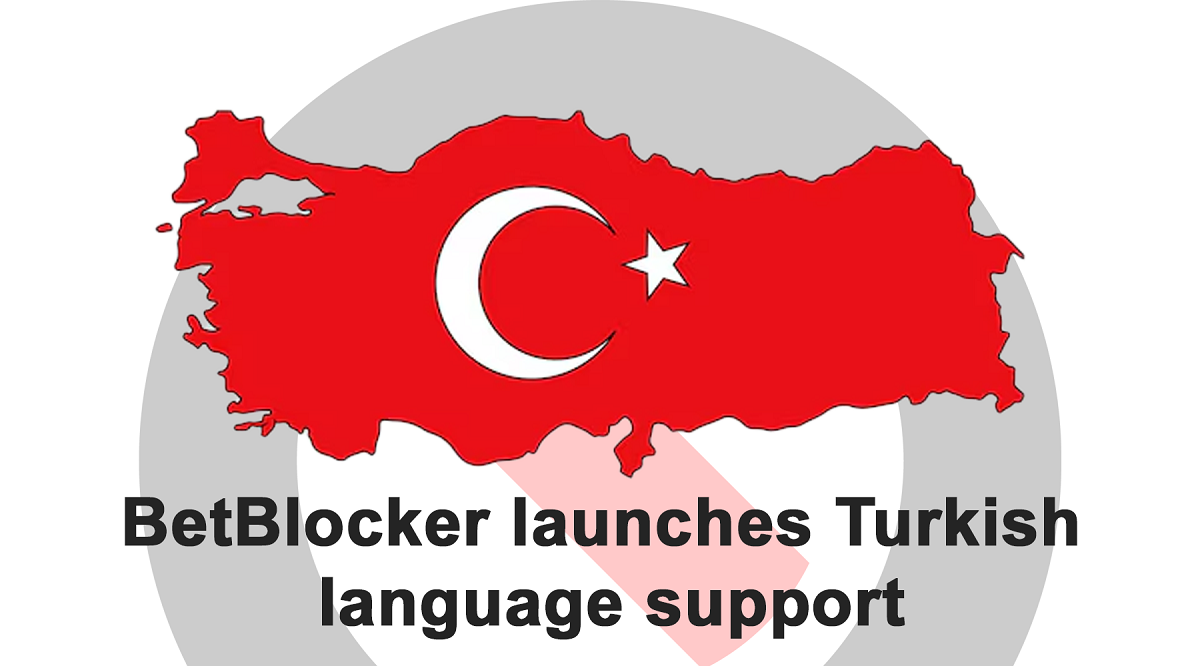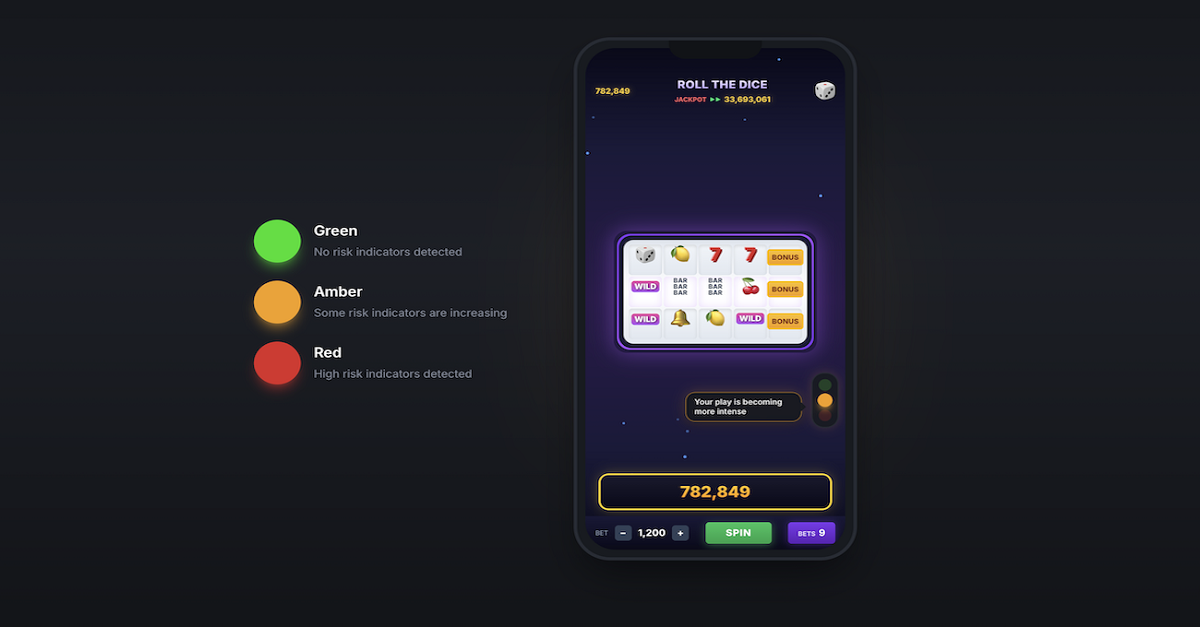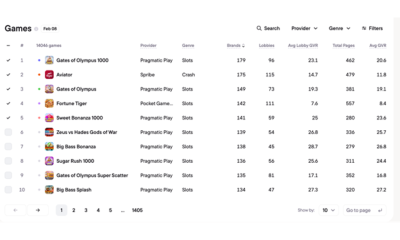Industry News
Tennis Integrity Unit Briefing Note: January – March 2020

Increase in first quarter match alerts linked to suspension of tennis
Between January and 22 March 2020 the TIU received a total of 38 match alerts through its Memorandums of Understanding with the regulated betting industry. This compares to 21 alerts for the same period in 2019, a year in which the fewest alerts were recorded since data was first published in 2015.
The increase of reported matches in the first quarter of 2020 is an indication that the entry levels of professional tennis were deliberately targeted by corruptors, as the sport moved towards suspension due to the Coronavirus pandemic. In anticipation of heightened integrity concerns when tennis resumes, the TIU, in conjunction with the governing bodies of tennis, is developing an education and awareness campaign to inform and support players, officials and tournament staff. Further details will be announced in due course.
TIU match alert policy
- every alert reported to the TIU is recorded, assessed and followed up as an indicator that something inappropriate may have happened. It is important to appreciate that an alert on its own is not evidence of match-fixing;
- there are many reasons other than corrupt activity that can explain unusual betting patterns, such as incorrect odds-setting; well-informed betting; player fitness, fatigue and form; playing conditions and personal circumstances;
- where analysis of a match alert does suggest corrupt activity, the TIU will conduct a full, confidential investigation.
New CEO joins the TIU
Jonny Gray became the first Chief Executive Officer of the TIU when he joined the organisation in mid-February. A former Colonel in the British Army and senior partner with Control Risks, he will be responsible for implementing the integrity recommendations of the Independent Review Panel, which include the establishment of a new, independent integrity organisation with a separate legal personality.
TIU Education update; Australian Open, WTT $15,000 pilot, online education during suspension of tennis
January’s Australian Open saw more than 650 officials, main draw and junior players receive integrity briefings and one-to-one sessions ahead of and during the tournament. Bespoke education sessions were also delivered to ATP coaches and the ATP’s international group tournament directors’ workshop. In February, a pilot Education outreach project took place at the ITF World Tennis Tour combined $15,000 event in Heraklion, Crete. This new initiative included presentations and an integrity pledge campaign for players, coaches, officials and tournament staff. More than 100 players received face-to-face education, alongside all tournament officials.
Colombia became the second nation to complete the TIU’s integrity criteria as part of the ITF Recognition of National Training Centres Programme. Six further nations are being supported as they work towards certification.
During the suspension of tennis the TIU team has continued to deliver its comprehensive education programme, including online 1-2-1 sessions for WTA Rookie players and Grand Slam Development Fund grant recipients.
Disciplinary code rules strengthened for Provisional Suspensions
Amendments have been introduced to the Tennis Anti-Corruption Program (TACP), to strengthen the rules relating to the Provisional Suspension of individuals suspected of serious corruption offences. With effect from 1 April 2020, a Covered Person charged with a criminal offence or the subject of criminal proceedings, can be immediately suspended by an independent Anti-Corruption Hearing Officer (AHO). The individual subject to the provisional suspension retains the right to appeal that decision to the AHO.
A further amendment clarifies that a decision to impose, or not impose, a Provisional Suspension cannot be appealed to the Court of Arbitration for Sport (CAS). The final change allows a Covered Person subject to a Provisional Suspension to appeal for that suspension to be lifted after a period of 90 days, rather than the previous term of 120 days.
Disciplinary decisions – January to March 2020
Between January and March three players – Jonathan Kanar, Joao Olavo Soares de Souza and Patrick Keane – were subject to disciplinary sanctions for breaches of the Tennis Anti-Corruption Program. In addition, an appeal decision was received for Argentinian player Nicolas Kicker:
- https://www.tennisintegrityunit.com/media-releases/jonathan-kanar-suspended-and-fined-after-admitting-corruption-offences
- https://www.tennisintegrityunit.com/media-releases/lifetime-ban-and-200000-fine-joao-olavo-soares-de-souza-after-conviction-match-fixing-charges
- https://www.tennisintegrityunit.com/media-releases/independent-anti-corruption-hearing-officer-reduces-nicolas-kicker-suspension-recognition-player-education-support
- https://www.tennisintegrityunit.com/media-releases/patrick-keane-suspended-and-fined-betting-tennis-offences
These sanctions have previously been announced and are included here as a retrospective record.
BetBlocker
New Turkish-language tool from BetBlocker extends service to 90 million additional people

Gambling harm prevention charity BetBlocker today reveals the extension of their award-winning assistance into Turkish.
In 2025, BetBlocker saw a tremendous increase in support, with more than three hundred thousand individual users initiating a block throughout the year. This significant level of engagement has been made possible by the diverse array of languages into which the charity has translated its assistance.
Yesilay, the main Turkish support service, reports that requests for help with gambling are now surpassing those for alcohol, drugs, or tobacco, alongside significant uptake and harm among youth, making the launch of Turkish language support timely and relevant.
Founder and Trustee for BetBlocker, Duncan Garvie, offered these comments: “BetBlocker is genuinely excited to roll out our second language expansion of 2026.
We’ve experienced phenomenal uptake of the service over the last 12 months and figures hare steadily rising. One of the biggest drivers of that growth has been improving the accessibility of our support by meeting users where they are and offering support in the language that they’re most comfortable accessing in.
Alongside Turkey itself, there are substantial Turkish speaking communities across Europe, the Middle East and North America. It is our hope that this evolution of BetBlocker will ensure that a deeper level of support is available more widely across the Turkish diaspora.
BetBlocker would like to offer our deepest thanks to Fatmatuz Zehra Pehlivan, a Clinical Psychologist and researcher, who volunteers Green Cresent in the field of addiction treatment. Fatmatuz volunteered her time to help translate our app, and every Turkish language user we support owe her their thanks for the donation of her time and expertise.
As with many of the communities BetBlocker now supports, we would not be able to reach so many people without the kindness and generosity of field experts like Fatmatuz.”
The post New Turkish-language tool from BetBlocker extends service to 90 million additional people appeared first on Eastern European Gaming | Global iGaming & Tech Intelligence Hub.
Anastasia Rimskaya Chief Account Officer at Aviatrix
Aviatrix Launches New Loot Boxes to Deepen Progression and Reward Paths

Aviatrix has launched a new Loot Box feature for its premier crash game, presenting collectible rewards, free bets, and progression bonuses aimed at boosting long-term player engagement.
Loot Boxes are granted through a daily rewards mechanism, with players obtaining them according to their in-game actions and advancement. Every box holds a variety of rewards, such as aircraft skins, complimentary bets, and aviation experience points.
The feature enhances Aviatrix’s developing loyalty system, providing players with fresh options to personalize their aircraft and earn rewards through continuous engagement.
Anastasia Rimskaya, Chief Account Officer at Aviatrix, said: “Loot Boxes are part of our wider vision for Aviatrix as a connected multi-game universe. As we expand our iGaming Metaverse, features like Loot Boxes add another meaningful layer to how players build their profile, customise their aircraft and earn rewards across the ecosystem.”
Unveiled in February, the Aviatrix iGaming Metaverse signifies the supplier’s shift from a standalone crash game to an integrated multi-title ecosystem.
Starting with the imminent debut of Aviatrix Second Chance and continuing with upcoming titles like Aviatrix Fruits and Aviatrix Mines, every game will utilize a single integrated player profile, progression system, and rewards and achievements framework.
The post Aviatrix Launches New Loot Boxes to Deepen Progression and Reward Paths appeared first on Eastern European Gaming | Global iGaming & Tech Intelligence Hub.
Alec Gehlot Chief Executive Officer at PlaySignal
PlaySignal Debuts: Alec Gehlot’s New Sophisticated Responsible Gaming Platform

Alec Gehlot, previous senior executive at Optimove, has introduced PlaySignal, a responsible gaming platform aimed at assisting operators in identifying and addressing player risk promptly.
PlaySignal employs a traffic-light system featuring green, amber, and red signals to steer player conduct and indicate when behaviors start to enter higher-risk areas. The platform seeks to minimize avoidable exclusions by offering operators enhanced visibility of rising risks, while simultaneously giving players more understanding of how their actions are evaluated.
Leveraging behavioural analytics, PlaySignal tracks player actions during gameplay and displays information as distinct signals. This allows teams to act earlier and react more appropriately as risk evolves.
The product connects with current operator systems to assist responsible gaming, CRM, and compliance teams by providing a unified view of activities, encouraging a more uniform strategy among teams as regulatory demands grow in important markets.
Building on his time at Optimove, where he collaborated with operators on segmentation, retention, and user engagement, Gehlot recognized a demand for innovative tools to enhance player protection as regulatory and tax pressures mount in regulated markets.
The company launched PlaySignal at ICE earlier this year, where it was a contender in the Innovators Challenge, and initiated talks with operators in various markets. The initial launch will concentrate on the UK prior to global expansion.
Alec Gehlot, Chief Executive Officer at PlaySignal, said: “Regulation and taxation are only moving in one direction, and operators need new tools to adapt. Player protection can no longer be treated as a compliance obligation; it has to become a competitive differentiator.
“Regulated operators are under real pressure, particularly in the UK, and we believe giving them earlier visibility of risk is essential not just for protection, but for long-term sustainability.”
The post PlaySignal Debuts: Alec Gehlot’s New Sophisticated Responsible Gaming Platform appeared first on Eastern European Gaming | Global iGaming & Tech Intelligence Hub.
-

 Asia7 days ago
Asia7 days agoBooks on Wheels: DigiPlus Foundation Brings Mobile Library to Boost Literacy Among Aurora’s Young Learners
-

 Latest News6 days ago
Latest News6 days agoGGBET UA hosts Media Game – an open FC Dynamo Kyiv training session with journalists from sports publications
-

 BETANO7 days ago
BETANO7 days agoCT Interactive Partners with Betano.cz for Live Rollout
-

 Canada7 days ago
Canada7 days agoSt8 launches in Ontario through partnership with Tonybet
-

 Latest News6 days ago
Latest News6 days agoSlots dominate Brazil’s casino catalog, but crash games capture outsized player demand,Blask data reveals
-

 Baltic & Nordics Gaming Awards 20267 days ago
Baltic & Nordics Gaming Awards 20267 days agoNominations Now Open for the HIPTHER Baltic & Nordics Gaming Awards 2026
-

 Ca$hline7 days ago
Ca$hline7 days agoCaesars Entertainment Launches First Proprietary Online Slot, Ca$hline
-

 Latest News6 days ago
Latest News6 days agoRocketPlay won European Marketing Campaign of the Year – B2C at the 2026 EGR Europe Awards



















